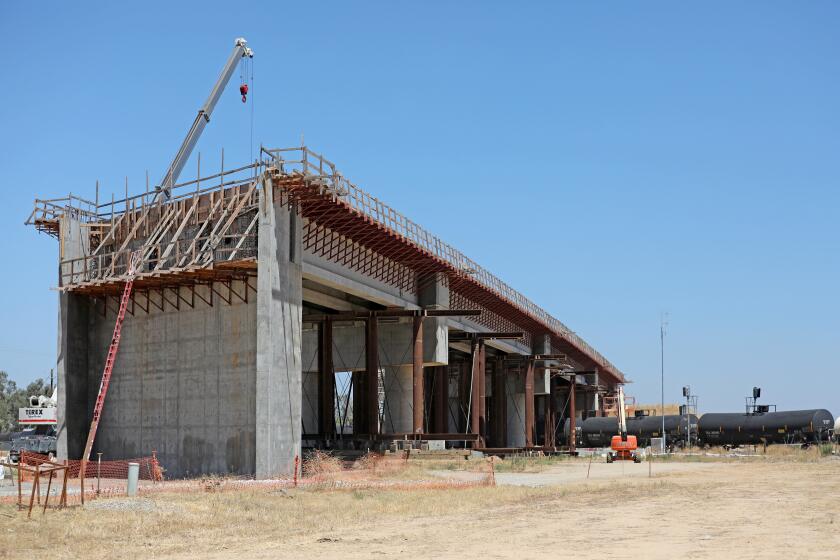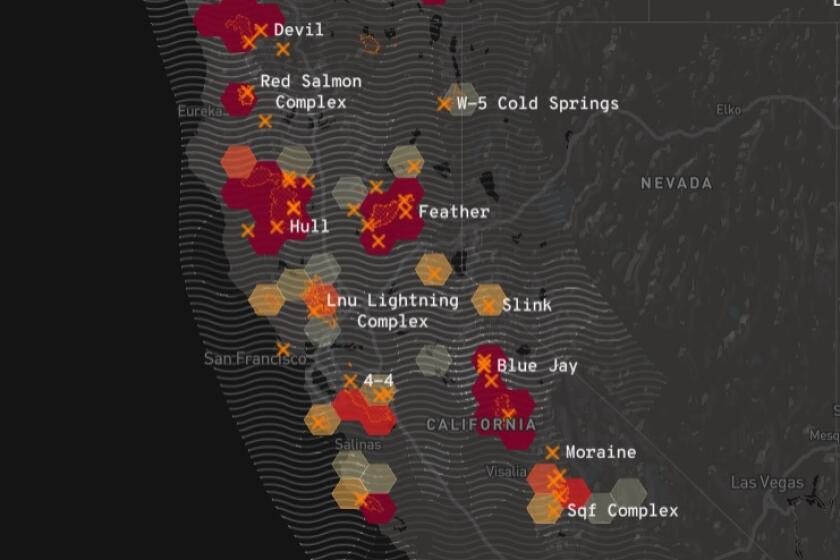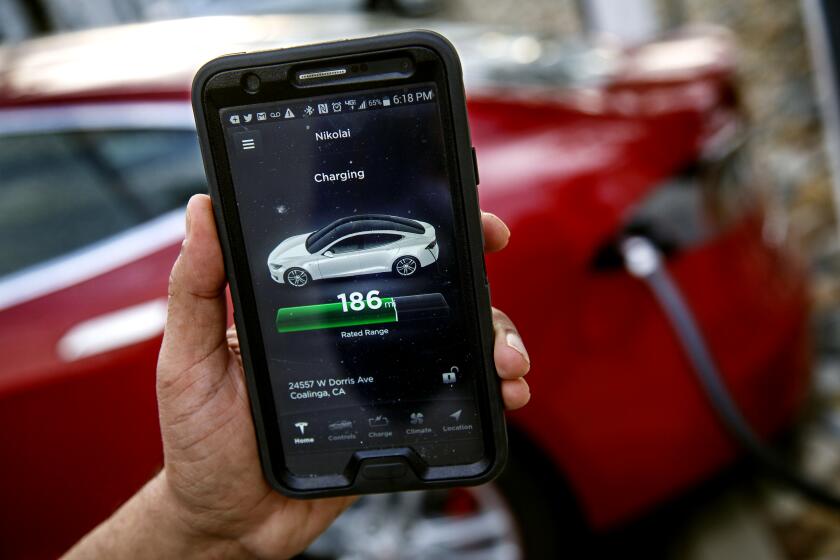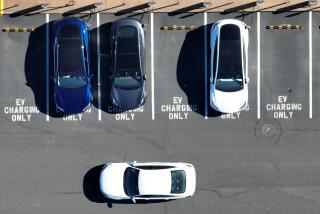Infrastructure week is finally here. What California will get

WASHINGTON â Washington has become known as the town where nothing gets done.
But Congress on Nov. 5 approved a bipartisan $1.2-trillion infrastructure bill that lawmakers say will expand access to high-speed internet, rebuild old roads and bridges and create networks of electric car charging stations.
Biden is scheduled to sign the bill Monday during a ceremony at the White House.
Democrats are heralding the bill as a way to create jobs across the nation, including in California. Gov. Gavin Newsom has said the package would accelerate projects that will spawn âthousandsâ of jobs, many of which will address climate change.
âPresident Biden understands the need to build a climate-resilient future, and the infrastructure package passed by Congress builds on Californiaâs unprecedented investments to maintain and modernize the state,â Newsom said in a statement.
Here is what California is expected to receive by category:
Amtrak is likely to be the biggest rail winner, getting the lionâs share of $66 billion to upgrade the northeast corridor from Boston to Washington.
Wildfires and cyberattacks
More than $80 million over the next five years will fund projects that could mitigate wildfires and other natural disasters. The state is expected to get an additional $40 million to safeguard against cyberattacks.
Track wildfire origins, perimeters and air pollution with the L.A. Times California wildfires map.
Public transportation
Over the next five years, the state is slated to receive $9.45 billion to improve public transportation options across the state. The effort appears geared to boosting ridership on buses and rail. Just 5% of commuters in California take public transit to work, according to the Transportation Department. But those commuters have pretty rough treks. According to the Census Bureau, Californians taking public transit in 2019 spent an average of 52 minutes commuting to work â more than 20 minutes longer than those who drove. The White House says that non-white households are 1.6 times more likely to take public transit in the state.
Road improvement
An estimated 1,500 bridges and 14,000 miles of California highway are in poor condition, according to the White House. The state is expected to receive $25.3 billion to fund road projects and an additional $4.2 billion to replace and repair bridges.
Charging stations for electric cars
California is expected to get $384 million over the next five years to expand a network of charging stations for electric vehicles. The state could also apply for a $2.5-billion grant to fund such measures, the White House said.
President Biden wants 40% of new cars to be electric by 2030. But will that further harm the environment?
Internet
The bill should provide at least $100 million to provide 500,000 California residents with access to broadband internet. Nearly a third of Californians would be eligible for a broadband subsidy aimed at low-income families.
Drinking water
California is expected to get $3.5 billion over the next five years to eliminate lead pipes and take other steps to improve the quality of drinking water. The effort would help clean up PFAS, the âforever chemicalsâ that reside indefinitely and accumulate in the human body, according to the White House.
Airports
Over the next five years, California is likely to receive $1.5 billion to improve airports.
More to Read
Get the L.A. Times Politics newsletter
Deeply reported insights into legislation, politics and policy from Sacramento, Washington and beyond. In your inbox three times per week.
You may occasionally receive promotional content from the Los Angeles Times.














